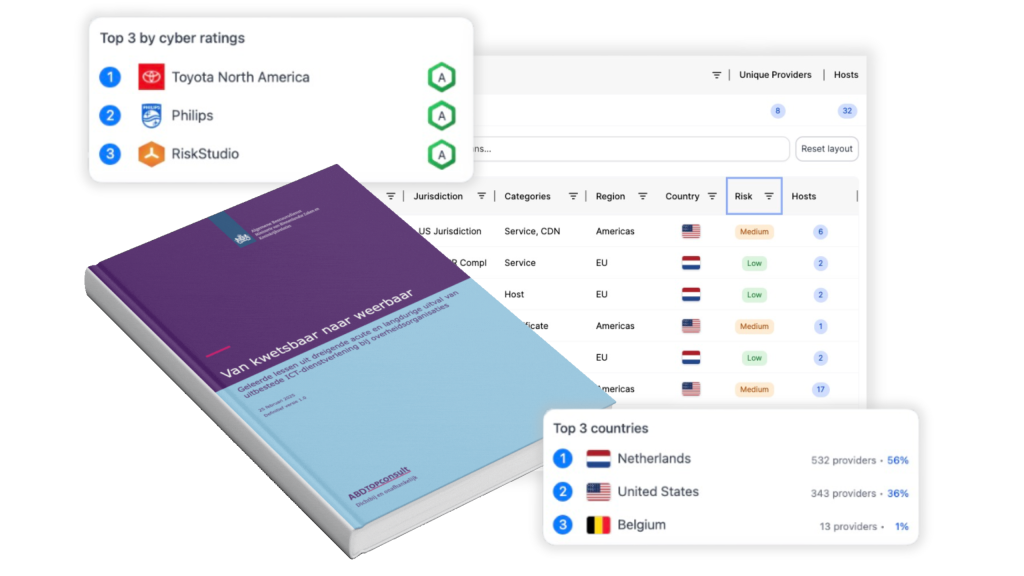SSL (Secure Sockets Layer) is a cryptographic protocol that ensures secure communication over the internet. It encrypts the data exchanged between a user and a website, preventing interception or tampering by malicious actors. While SSL has largely been replaced by TLS (Transport Layer Security), the term “SSL” is still commonly used to describe this type of security.
How does SSL work?
When you visit a website secured with SSL (indicated by the padlock icon and https:// in the address bar), a secure connection is established between your browser and the server. This connection is based on a digital certificate that:
- Verifies the website’s identity;
- Contains a public key used for encryption.
During the SSL handshake, the browser and server exchange cryptographic information and agree on encryption methods. After this, all communication — including passwords, personal data, or payment details — is encrypted.
Why is SSL important?
Without SSL, data transmitted over the internet can be intercepted or altered. This exposes users to man-in-the-middle attacks, where attackers can eavesdrop or inject malicious data.
SSL is critical not only for banks or online shops, but for any organization handling sensitive data via websites, portals, or APIs. It’s also a legal requirement under regulations like the GDPR. Modern browsers warn users about websites without SSL, which can damage trust and credibility.
SSL and RiskStudio
RiskStudio helps organizations identify weaknesses in their digital supply chain — including insecure web connections. Our platform automatically scans supplier domains for valid SSL/TLS certificates. You’ll see instantly which partners use secure encryption and which are at risk due to expired or missing certificates. This gives you control over basic cyber hygiene across your supply chain and enables quick, targeted action.






